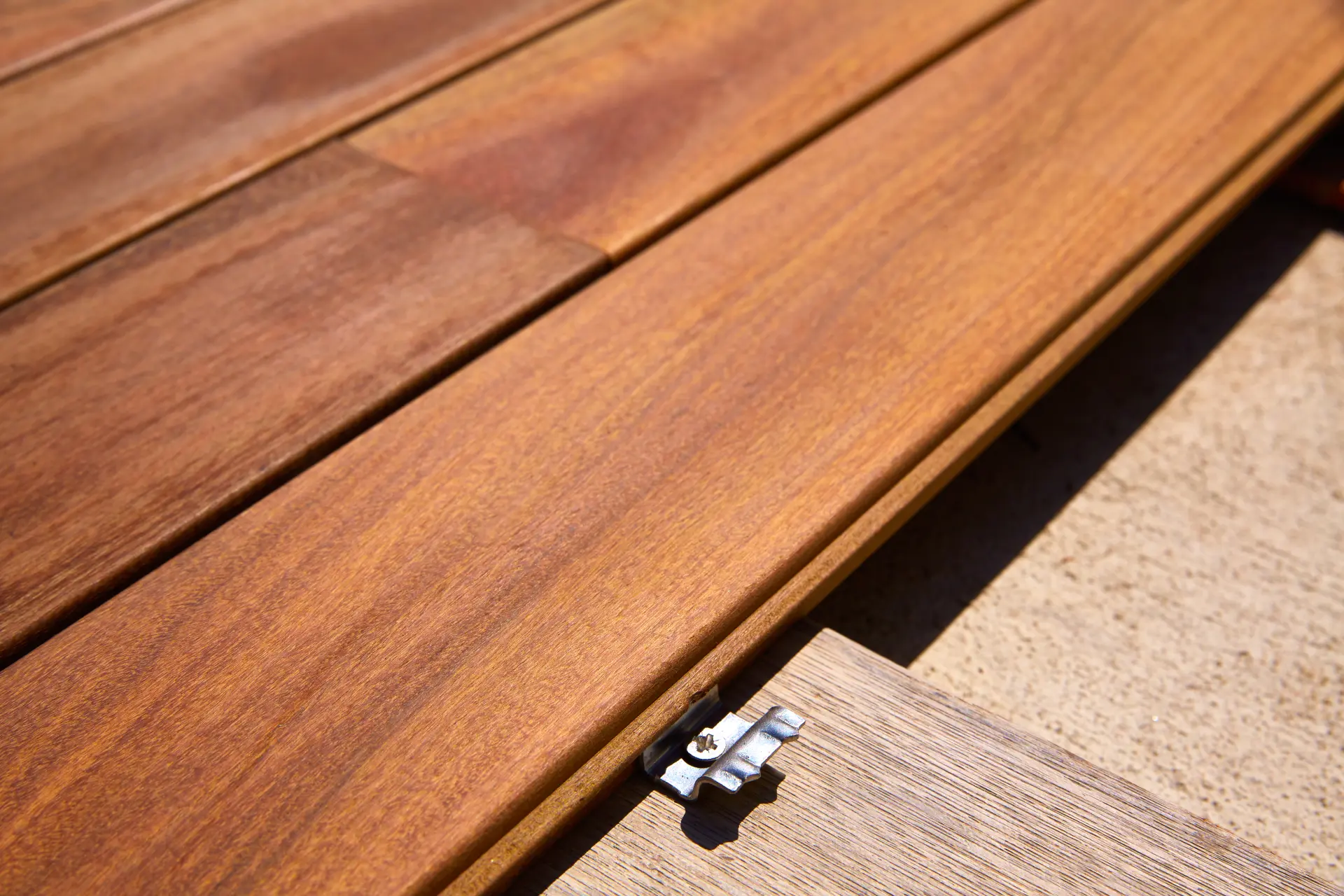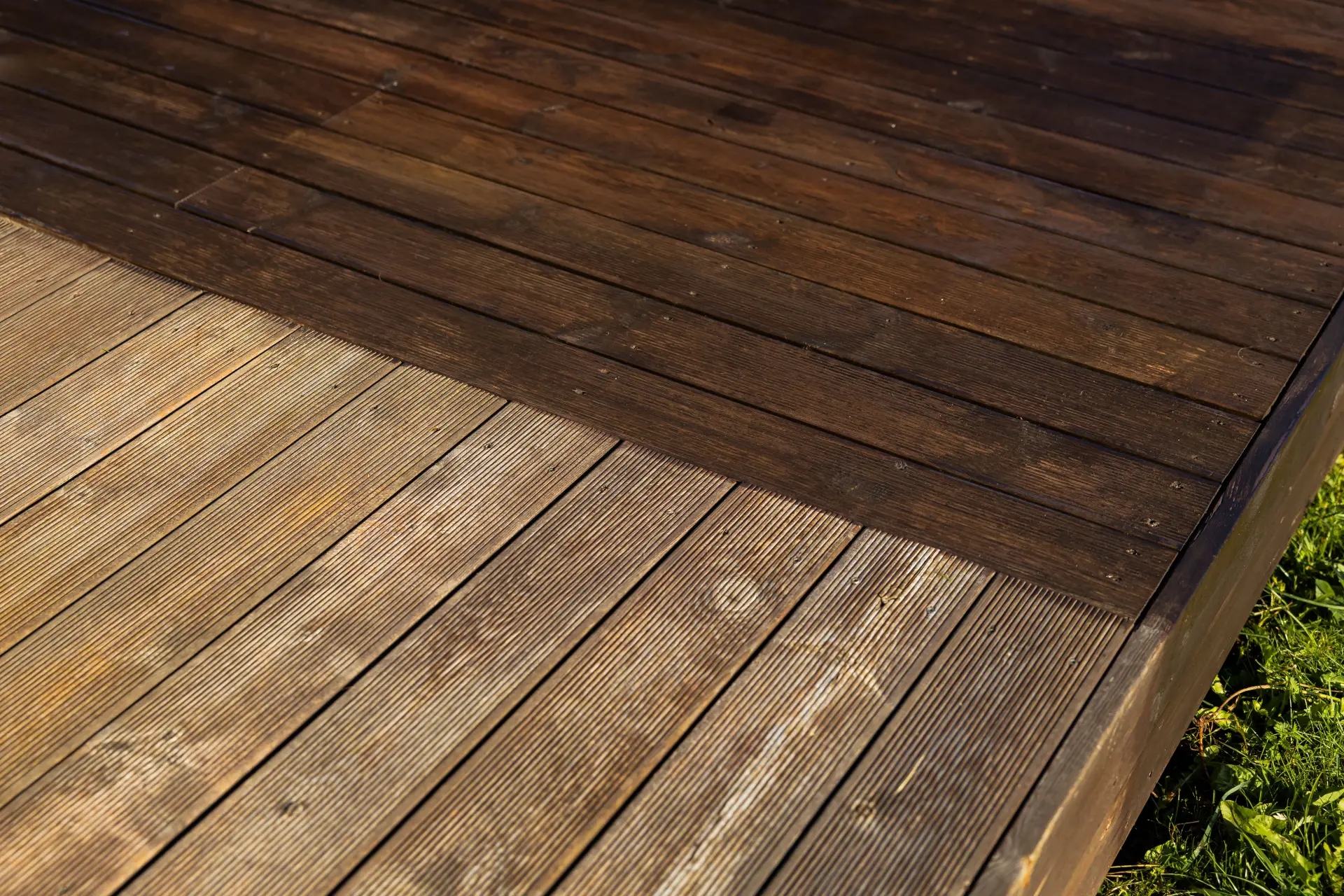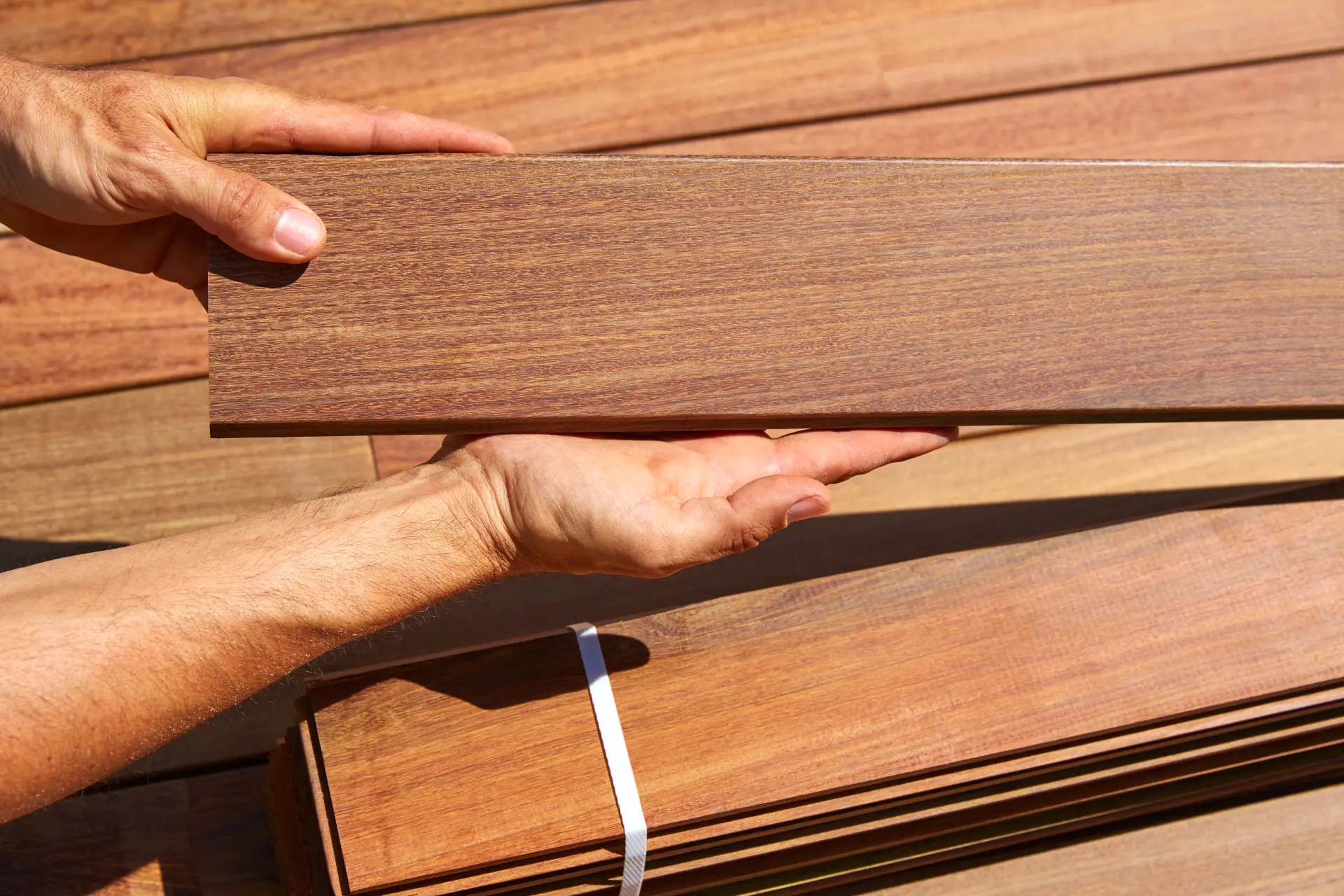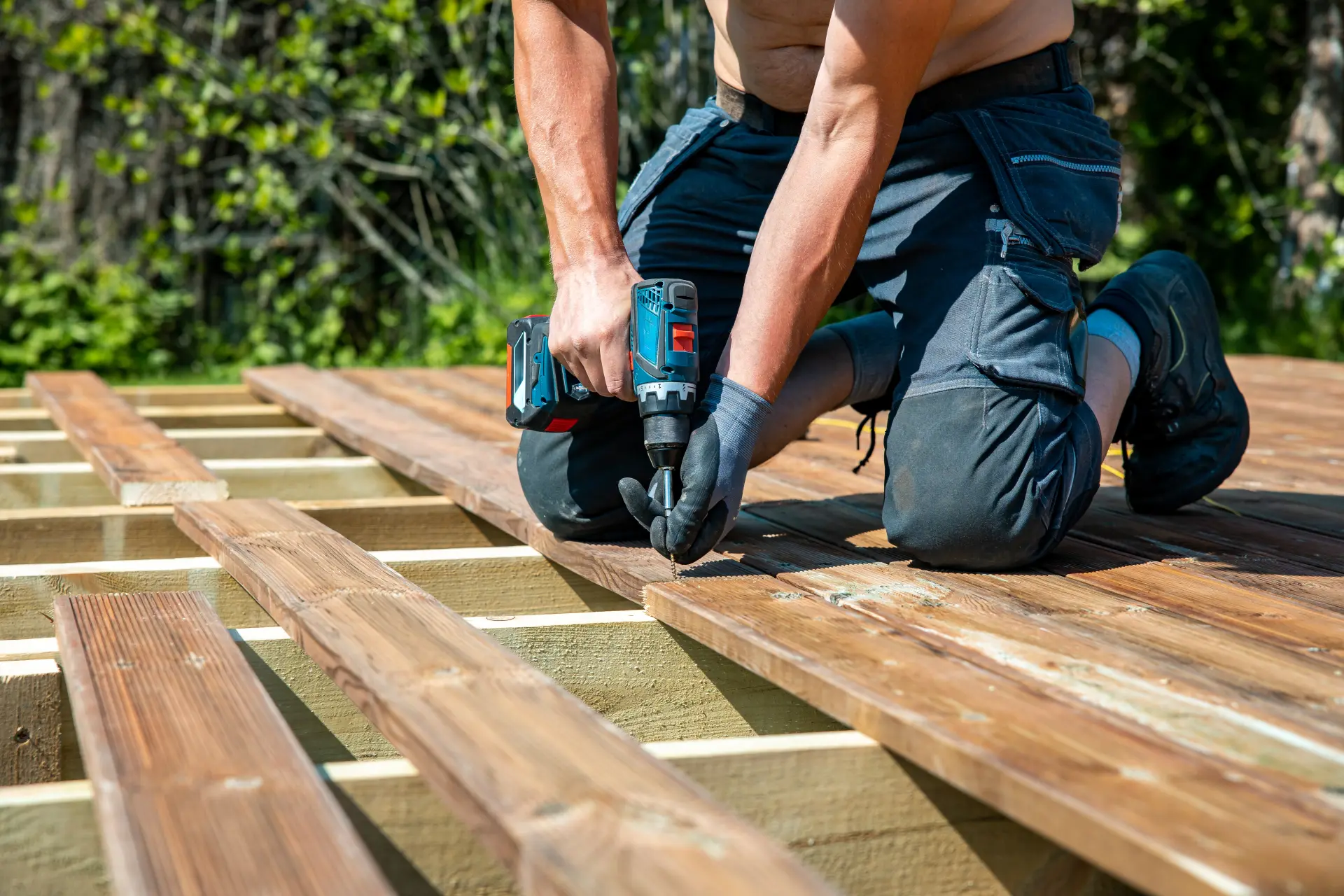Discover the essential tips for planning your garden decking. From measuring your space to choosing the right materials, our guide can help you create a stylish outdoor area.
Measure Your Space
When it comes to planning your garden decking, it's crucial to measure your space. This simple step forms the foundation of a successful decking project, and it can save you time, money, and frustration in the long run.
Measuring your space accurately can help you understand exactly how much space you have to work with. Whether you're planning to have a large entertaining area or a small, cosy deck, understanding the available space you have allows you to create a layout that fits perfectly within your garden's boundaries.
Without this knowledge, you risk choosing materials that are the wrong size or ordering too much or too little, which can lead to unnecessary expenses and delays.
Think About Sunlight and Shade
When you're planning your garden decking, it's important to consider how sunlight and shade affect your garden throughout the day. Understanding the sun’s path and how it interacts with your garden can make a huge difference in both the comfort and functionality of your decking area.

The amount of sunlight a specific part of your garden receives can impact how you choose to use it. For instance, a deck that's constantly exposed to direct sunlight throughout the day can become extremely hot during the summer, making it unpleasant to sit on or walk across without some form of shade.
On the other hand, a deck that's constantly in the shade might feel too cold or damp, especially during colder weather. By observing the sun’s movement and how it impacts different areas of your garden, you can choose the best location for your decking.
Another benefit of thinking about sunlight and shade is being able to incorporate features like pergolas, umbrellas, or shade sails in order to create a more comfortable environment. These features can be built into your decking design from the start, which saves you from having to fit them in later.
Pick the Best Materials
Choosing the right materials is one of the most important decisions you’ll make when you're planning your garden decking. The materials you use can impact the overall look of your deck as well as its durability, maintenance needs, and long-term value.
Outdoor spaces are exposed to sun, rain, frost, and fluctuating temperatures, so it's crucial to use materials that are weather-resistant and long-lasting. Hardwoods like teak and iroko are naturally durable, and they can withstand harsh weather, while composite decking is a low-maintenance alternative that resists rot, fading, and splintering.
Additionally, the materials you use can affect how much maintenance your deck will need. Traditional softwoods can be cheaper upfront; however, they usually need to be regularly stained, sealed, or painted to keep them in good condition. On the other hand, composite materials and pressure-treated timber need less maintenance, which can save you time and money in the long run.
Plan the Design and Layout
When you're planning your garden decking, one of the most important steps is taking the time to carefully design the layout. A well-thought-out design ensures your decking is both visually appealing and practical to use. By considering the shape and size of your available garden space, you can design a deck that feels balanced and integrates perfectly with the rest of your garden. Whether you're working with a small garden or a large, open lawn, a thoughtful design can help you maximise every inch of space.

Additionally, a good design plan can help you account for access points, step placements, and safety measures like railings. You'll also be able to factor in any existing garden features, like trees, ponds, or flowerbeds, so that your decking complements your garden rather than clashes with it.
The deck's orientation and access to sunlight should also be critical parts of your design plan. A deck that faces the right direction can take advantage of the available natural light. For example, a south-facing deck can get sun throughout the day, while a west-facing one is more likely to get the sun during the evening.
Finally, having a clear plan in place helps guide your project, making it easier to estimate your costs, order materials, and communicate your vision to contractors or suppliers.
We provide expert decking installation services for Eastbourne, Brighton & Hastings. We can create stylish, durable decks that are designed to suit your lifestyle and garden needs. Trust us to bring your vision to life.






